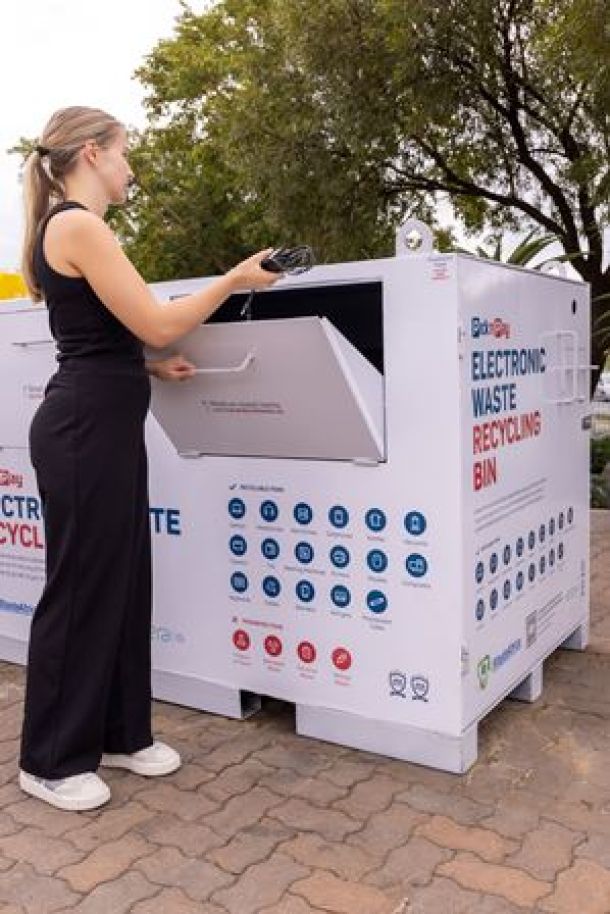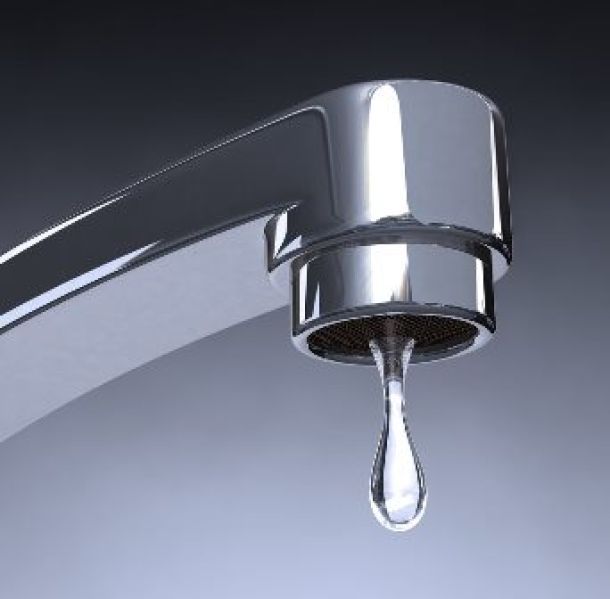How renewable friendly are SA’s top 5 retailers?
South Africa’s top five retailers (Pick n Pay, Massmart, Spar, Woolworths and Shoprite) have a major role to play in shaping sustainable growth in the energy sector and need to champion South Africa’s transition to 100% renewable energy, according to the latest report launched today by Greenpeace Africa
The report ‘Shopping Clean – Retailers and Renewable Energy’ [1] marks the launch of a new Greenpeace campaign ‘Renewable Energy Champions’ initially aimed at getting the country’s top five retailers to show solar energy some love. The report outlines how retail companies in South Africa have made a start in the transition to 100% renewable energy. Most importantly, it details the current status of renewable energy investments and commitments from each of the top five retailers in South Africa. The retailers are ranked against one another on four key criteria – energy transparency, commitment to renewable energy, greenhouse gas mitigation and lobbying for clean renewable energy [2].
See Comparitive Infographic below
In the report, Woolworths ranks highest with an overall score of four out of ten. Woolworths and Pick n Pay currently have solar PV installations that contribute a small percentage of renewable energy to their overall operations. Massmart and Woolworths have both identified pilot solar PV projects for distribution centres and stores respectively that will be rolled out in 2016. Shoprite received the lowest ranking because of its lack of transparency with regard to the company’s energy information.
“Ranking the five retailers against one another makes it clear that none of them are doing particularly well when it comes to a commitment to a 100% renewable energy vision. Also, none of the retailers are engaged in active lobbying for the barriers to renewable energy to be removed, which is an essential step if a 100% vision is to be achieved, and this has heavily impacted on their scores” stated Penny-Jane Cooke, Climate and Energy Campaigner for Greenpeace Africa.
If the annual electricity consumption for each of the top five retailers is compared to the average electricity consumption of households in South Africa, Pick and Pay, for example, could liberate enough electricity to supply 65,000 households in South Africa by switching to 100% renewable energy. Woolworth’s electricity consumption is enough to power 55,000 households whilst Massmart could power 53,000 households. Collectively, the retailers can free up enough energy to power at least 178 400 households [3].
“This campaign provides an opportunity for Pick n Pay, Shoprite, Spar, Woolworths and Massmart to take the lead and show the millions of South Africans who support them that they really care about the future of this country. Renewable energy provides a real opportunity for South Africa to move away from a developmental path based on polluting coal and expensive nuclear power. The five leading South African retailers have begun to take steps towards a renewable-powered future, but the current levels of ambition are clearly inadequate, which means that there is significant room to improve,” added Cooke.
By switching to a 100% renewable energy, retailers will reduce their current electricity consumption, thus decreasing pressure on the grid and reducing the need for load shedding. Possibly most importantly of all, retailers will be opening up the space for millions of South Africans to generate their own power through lobbying government for better renewable energy legislation.
“Greenpeace believes that Pick n Pay, Massmart, Spar, Woolworths and Shoprite can lead South Africa to a clean energy future by making a commitment to 100% renewable energy. They also need to articulate how they will achieve this vision in the short and long term, make the required investments and take the next step by lobbying government to remove the barriers to renewable energy for the benefit of their loyal consumers and the country” ended Cooke.
1. The Greenpeace Africa report entitled “Shopping Clean – Retailers and Renewable Energy,” is available online athttp://www.Greenpeace.org/africa/Global/africa/Climate/ENR/publications/Shopping_Clean_Retailers_and_Renewable_Energy.pdf
2. The retailer’s score ranking is available athttp://www.Greenpeace.org/africa/Global/africa/Climate/ENR/RE_Champs_201604/Comparitive-Infograph-FOR-WEB.png
3. In making this estimate, it is important to note that the overall number of households quoted in this press release is lower than it should be. This is because zero information was available from Shoprite (which means that no households that could be powered by Shoprite are included), and because Spar has a different business model to the other retailers since the majority of their stores are franchised and the electricity consumption of franchises is not included in the figure used in the report, thus providing a very skewed view of Spar’s overall electricity consumption (which amounts to only 4,500 households).

News Category
- International retailers
- On the move
- Awards and achievements
- Legislation
- Wine and liquor
- Africa
- Going green
- Supplier news
- Research tools
- Retailer trading results
- Supply chain
- Innovation and technology
- Economic factors
- Crime and security
- Store Openings
- Marketing and Promotions
- Social Responsibility
- Brand Press Office
Related Articles

Pick n pay upcycles air-conditioning systems, s...

Shoprite Group opens pathways to job opportunit...

Pick n Pay empowers shoppers in the fight again...

Massmart implements early leak detection techno...


